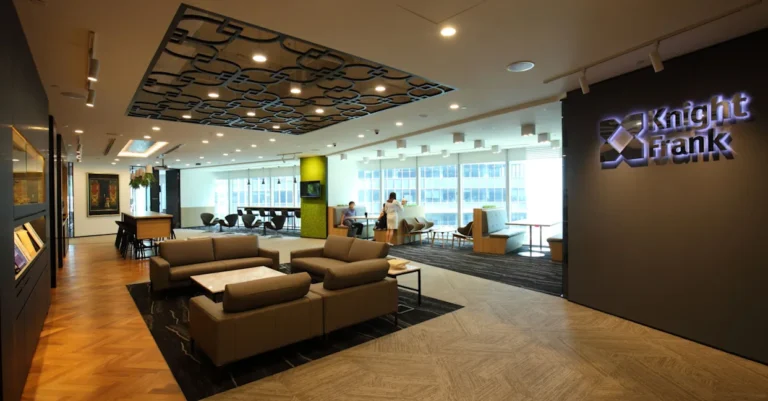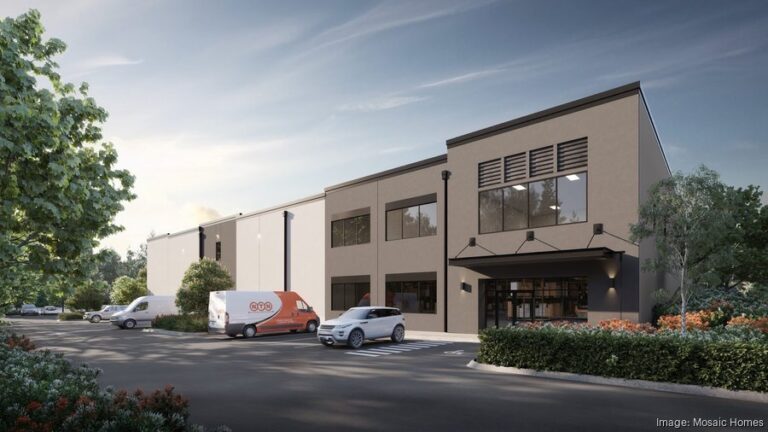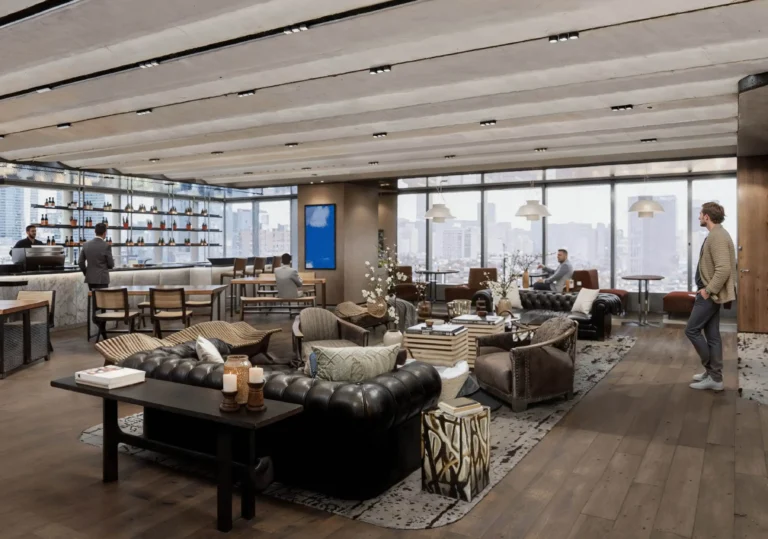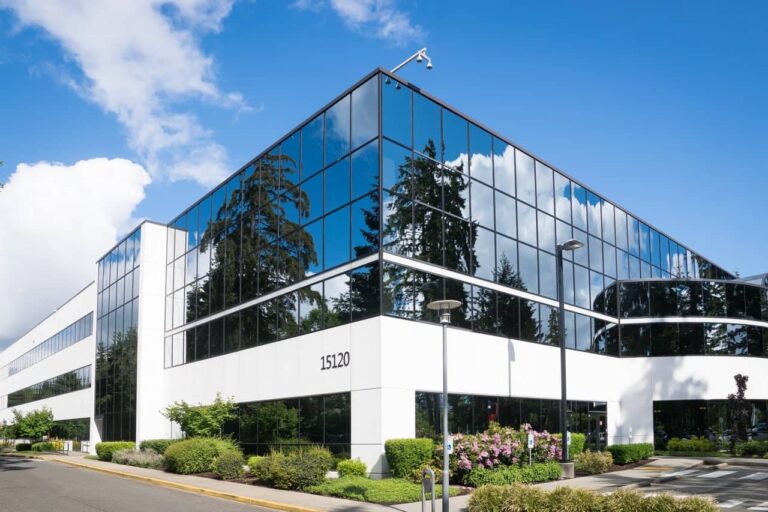Commercial Lease Office Space Complete 2025 Guide to Leasing the Ideal Business Workspace
Commercial Lease Office Space is a critical step for any business looking to expand operations, enhance its professional image, and attract top talent. In 2025, the commercial leasing market offers diverse opportunities, from smart office hubs to eco-friendly coworking environments designed for modern productivity.
This article explores everything you need to know about commercial lease office space-what it is, why it’s beneficial, the latest technology trends shaping the sector, and detailed examples of premium office spaces available for lease around the world.
What Is Commercial Lease Office Space?
A commercial lease office space refers to a property rented for business purposes under a lease agreement between a landlord and a tenant. Unlike residential leases, commercial leases are designed for offices, retail stores, and other business operations.
The terms of a commercial lease typically include rent, duration, maintenance responsibilities, and customization rights. Leasing allows companies to establish a professional presence without the long-term financial burden of purchasing property.
There are several types of commercial office leases:
-
Gross Lease: The tenant pays a fixed rent, and the landlord covers property taxes and maintenance.
-
Net Lease: The tenant covers additional expenses like insurance and utilities.
-
Modified Gross Lease: A hybrid model offering flexibility for both parties.
Modern businesses increasingly prefer leasing over ownership because it provides financial agility and the ability to adapt quickly to market changes.
Benefits of Leasing a Commercial Office Space
Leasing commercial office space provides multiple financial, operational, and strategic benefits that align with the needs of growing companies.
Flexibility and Scalability
Leasing gives companies the ability to expand or reduce their space as the business evolves. Whether you’re a startup seeking a small suite or a corporation expanding internationally, leases offer adaptable terms without ownership constraints.
Lower Upfront Investment
Purchasing property often requires substantial capital, while leasing allows businesses to allocate resources toward staff, technology, and marketing. This flexibility enhances operational liquidity.
Professional Image and Location Access
Leasing enables companies to occupy prestigious business districts, improving brand reputation and accessibility. A high-profile address can also attract clients and employees more effectively.
Access to Modern Infrastructure
Most leased office spaces include high-speed internet, climate control, meeting rooms, and 24/7 security. Businesses can immediately operate in a professional, fully equipped environment.
Top Commercial Office Spaces for Lease in 2025
Here are five real-world examples of premium commercial office spaces available for lease, demonstrating how modern design and smart technology combine to create efficient work environments.
1. The Edge – Amsterdam, Netherlands

The Edge is widely recognized as one of the smartest and most energy-efficient office buildings in the world. It’s powered by solar panels and equipped with over 28,000 sensors that optimize lighting, temperature, and occupancy.
Tenants leasing space in The Edge benefit from its sustainable infrastructure and digital amenities, such as smartphone-based access and data-driven maintenance systems. The flexible floor plans make it suitable for startups and global enterprises alike.
Use Case: Perfect for eco-conscious businesses and technology firms focused on sustainability.
Why Businesses Need It: The Edge reduces energy costs by up to 70% while offering a futuristic work environment that attracts top talent.
2. Salesforce Tower – San Francisco, USA

Salesforce Tower is a 61-story building in downtown San Francisco designed for innovative and tech-driven companies. Its smart ventilation and advanced lighting systems make it an energy-efficient space for large enterprises.
Leasing in Salesforce Tower gives companies access to shared conference centers, panoramic city views, and a collaborative workspace that fosters innovation.
Use Case: Ideal for software companies, startups, and financial institutions seeking a central business address.
Why Businesses Need It: Salesforce Tower combines luxury, sustainability, and high-performance workspaces designed for productivity and growth.
3. Shard London Bridge – London, UK

The Shard is a mixed-use skyscraper that includes some of the most prestigious office spaces in Europe. Tenants enjoy advanced technology, seamless transportation access, and breathtaking views across London.
Each floor features customizable layouts, enabling companies to design unique, brand-focused environments.
Use Case: Suitable for legal firms, financial institutions, and creative agencies.
Why Businesses Need It: Leasing space here gives companies prestige, connectivity, and access to an elite business community.
4. Marina Bay Financial Centre – Singapore

Marina Bay Financial Centre offers cutting-edge commercial spaces strategically located in Singapore’s thriving business district. Its architecture emphasizes sustainability, with energy-efficient systems and eco-certifications.
Tenants can enjoy direct access to retail amenities, fine dining, and excellent transportation.
Use Case: Best for multinational corporations, financial service providers, and consulting firms.
Why Businesses Need It: It provides a perfect balance of luxury, functionality, and eco-friendly design for global businesses.
5. Tokyo Midtown Hibiya – Tokyo, Japan
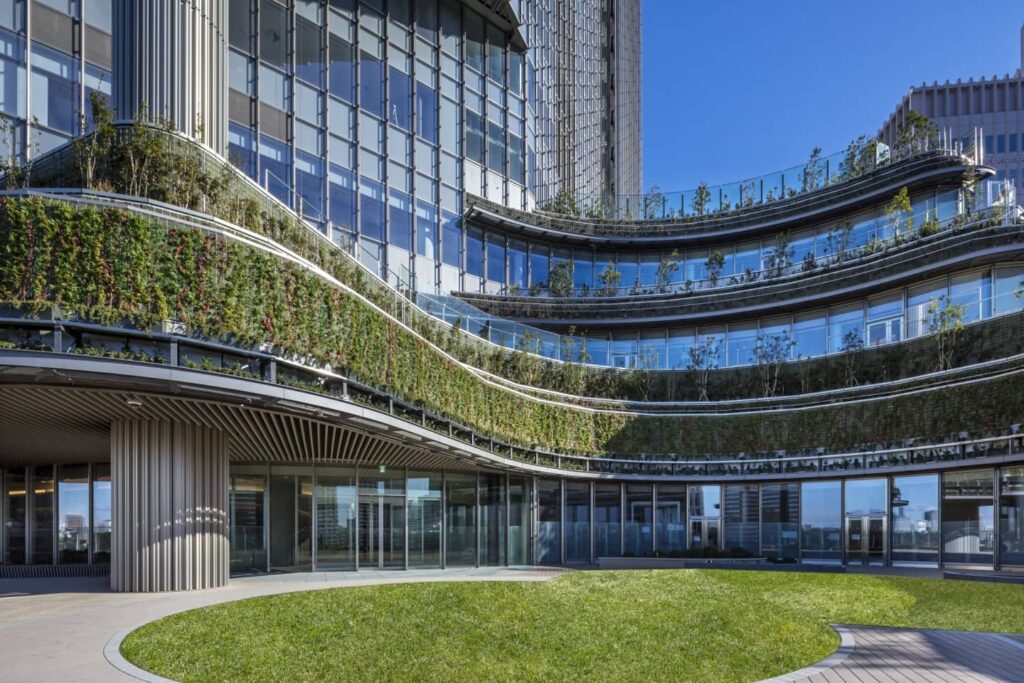
Tokyo Midtown Hibiya is a sophisticated business tower that integrates smart office solutions with Japanese precision. The building offers open layouts, digital access systems, and robust IT infrastructure.
Use Case: Ideal for companies entering or expanding within the Asian market.
Why Businesses Need It: Its central location and advanced design create a seamless work experience while supporting cross-border operations.
How Technology Enhances Commercial Office Leasing
Technology has transformed the way businesses lease and manage office spaces. Digital innovations now make the process faster, more transparent, and more cost-effective.
Smart Building Management
IoT (Internet of Things) devices monitor temperature, lighting, and occupancy levels to optimize comfort and reduce energy costs. Tenants benefit from real-time control and data insights that improve space utilization.
Virtual Tours and 3D Visualization
Potential tenants can explore properties online through immersive virtual tours, reducing time spent on site visits. This is especially valuable for international businesses seeking remote leasing opportunities.
AI-Driven Property Recommendations
AI algorithms now analyze business requirements to match companies with suitable office spaces based on size, budget, and location. These platforms streamline decision-making for tenants and landlords alike.
Digital Leasing Platforms
Online commercial real estate platforms like LoopNet, Crexi, and CBRE simplify the leasing process by offering digital contracts, secure payments, and instant communication between tenants and property managers.
Use Cases: Why Businesses Lease Commercial Office Space
Startup Expansion
Startups often choose to lease flexible spaces to maintain financial agility. Leasing allows them to relocate or scale up as the company grows without being tied down by ownership costs.
Global Market Entry
For multinational corporations entering new markets, leasing an office space provides a quick and efficient setup solution. It establishes local credibility and ensures compliance with local business regulations.
Hybrid Work Adaptation
Many companies are adopting hybrid work models. Leasing flexible office space enables them to balance remote work with in-person collaboration while reducing overall expenses.
Professional Branding
A premium leased office in a prestigious area enhances the company’s reputation, helping it attract clients, investors, and top employees.
How to Lease a Commercial Office Space
When leasing commercial office space, follow these steps for a smooth and secure process:
-
Determine Your Requirements – Identify your size, location, and budget preferences.
-
Research Market Rates – Compare current leasing costs and terms in your preferred area.
-
Engage a Commercial Real Estate Agent – Professionals can negotiate the best lease terms and uncover hidden opportunities.
-
Inspect the Property – Visit or take a virtual tour to evaluate space, layout, and amenities.
-
Negotiate Lease Terms – Clarify rent, renewal options, maintenance, and utility responsibilities.
-
Sign the Agreement – Once finalized, you can begin fitting out the space to match your brand’s identity.
Many online property portals such as LoopNet, Cushman & Wakefield, and JLL make it simple to find commercial office spaces with verified listings and virtual tours.
Benefits of Using Modern Leasing Platforms
Digital leasing platforms provide unique advantages for businesses seeking commercial spaces in 2025:
-
Time Efficiency: Online listings and filters enable faster property comparisons.
-
Transparency: Verified reviews and detailed specifications ensure reliable transactions.
-
Cost Optimization: AI tools help users find properties within budget and forecast future expenses.
-
Convenience: Remote tours and e-contracts simplify global business expansion.
These benefits empower businesses to make data-backed decisions and focus more on operations rather than administrative tasks.
Frequently Asked Questions
Q1. What is the typical duration of a commercial office lease?
Most commercial leases range from three to ten years, depending on property type and business size. Shorter terms are available in coworking or serviced office environments.
Q2. Who pays for maintenance in a commercial lease?
It depends on the lease type. In gross leases, landlords handle maintenance; in net leases, tenants share costs. Always review terms before signing.
Q3. Can startups lease high-end office spaces?
Yes, many modern developments offer flexible or shared leasing options designed specifically for startups and small businesses.
